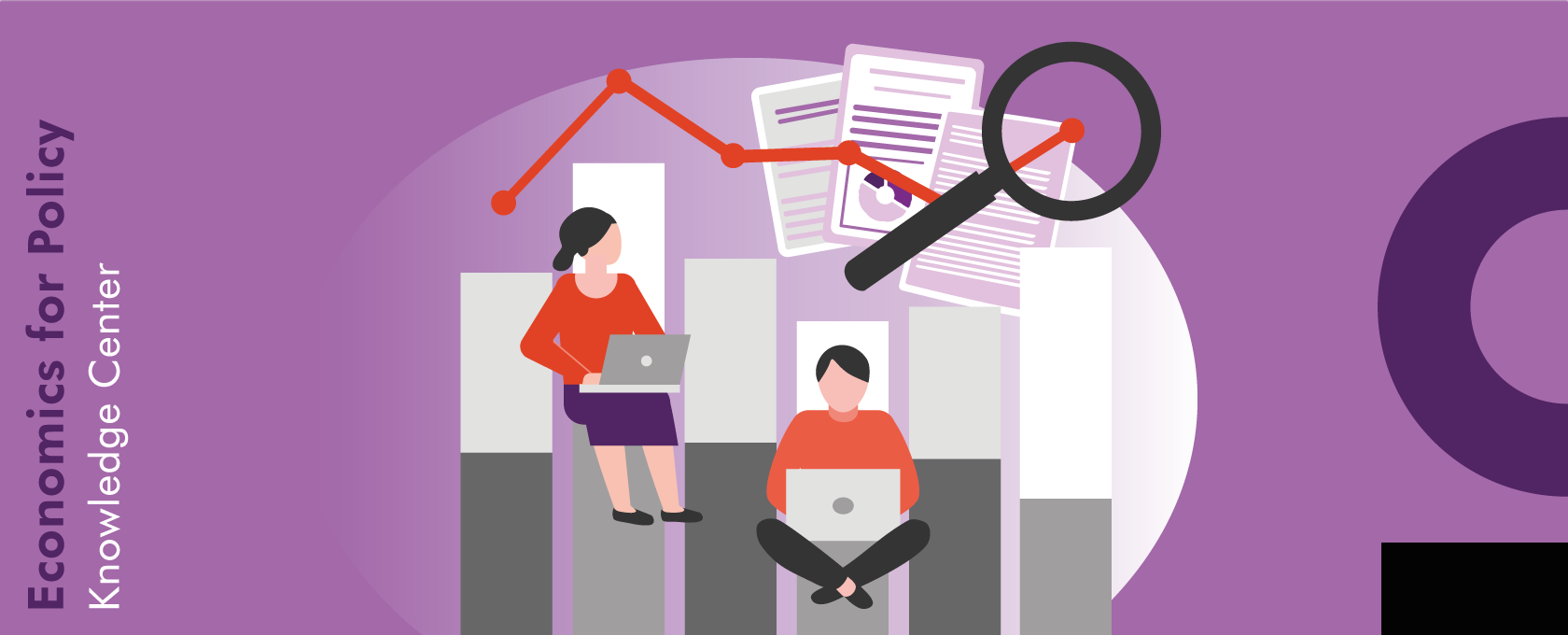Testing for Episodic Predictability in Stock Returns
Testing for Episodic Predictability in Stock Returns
ABSTRACT
Standard tests based on predictive regressions estimated over the full available sample data have tended to find little evidence of predictability in stock returns. Recent approaches based on the analysis of subsamples of the data suggest in fact that predictability where it occurs might exist only within so-called “pockets of predictability” rather than across the entire sample. However, these methods are prone to the criticism that the subsample dates are endogenously determined such that the use of standard critical values appropriate for full sample tests will result in incorrectly sized tests leading to spurious findings of stock returns predictability. To avoid the problem of endogenously-determined sample splits, we propose new tests derived from sequences of predictability statistics systematically calculated over subsamples of the data. Specifically, we will base tests on the maximum of such statistics from sequences of forward and backward recursive, rolling, and double-recursive predictive subsample regressions. We develop our approach using the over-identified instrumental variable-based predictability test statistics of Breitung and Demetrescu (2015). This approach is based on partial-sum asymptotics and so, unlike many other popular approaches including, for example, those based on Bonferroni corrections, can be readily adapted to implementation over sequences of subsamples. We show that the limiting null distributions of our proposed test statistics depend in general on whether the putative predictor is strongly or weakly persistent and on any heteroskedasticity present (indeed on any time-variation present in the unconditional variance matrix of the innovations), the latter even if the subsample statistics are based on heteroskedasticity-robust standard errors. As a consequence, we develop fixed regressor wild bootstrap implementations of the tests which we demonstrate to be first-order asymptotically valid. Finite sample behaviour against a variety of temporarily predictable processes is considered. An empirical application to US stock returns illustrates the usefulness of the new predictability testing methods we propose.
WITH
Matei Demetrescu,Institute for Statistics and Econometrics, Christian-Albrechts-University of Kiel, Germany
Iliyan Georgiev, Department of Economics, University of Bologna, Italy
Robert Taylor, Essex Business School, University of Essex, Wivenhoe Park, Colchester, CO4 3SQ, United Kingdom
About Authors



